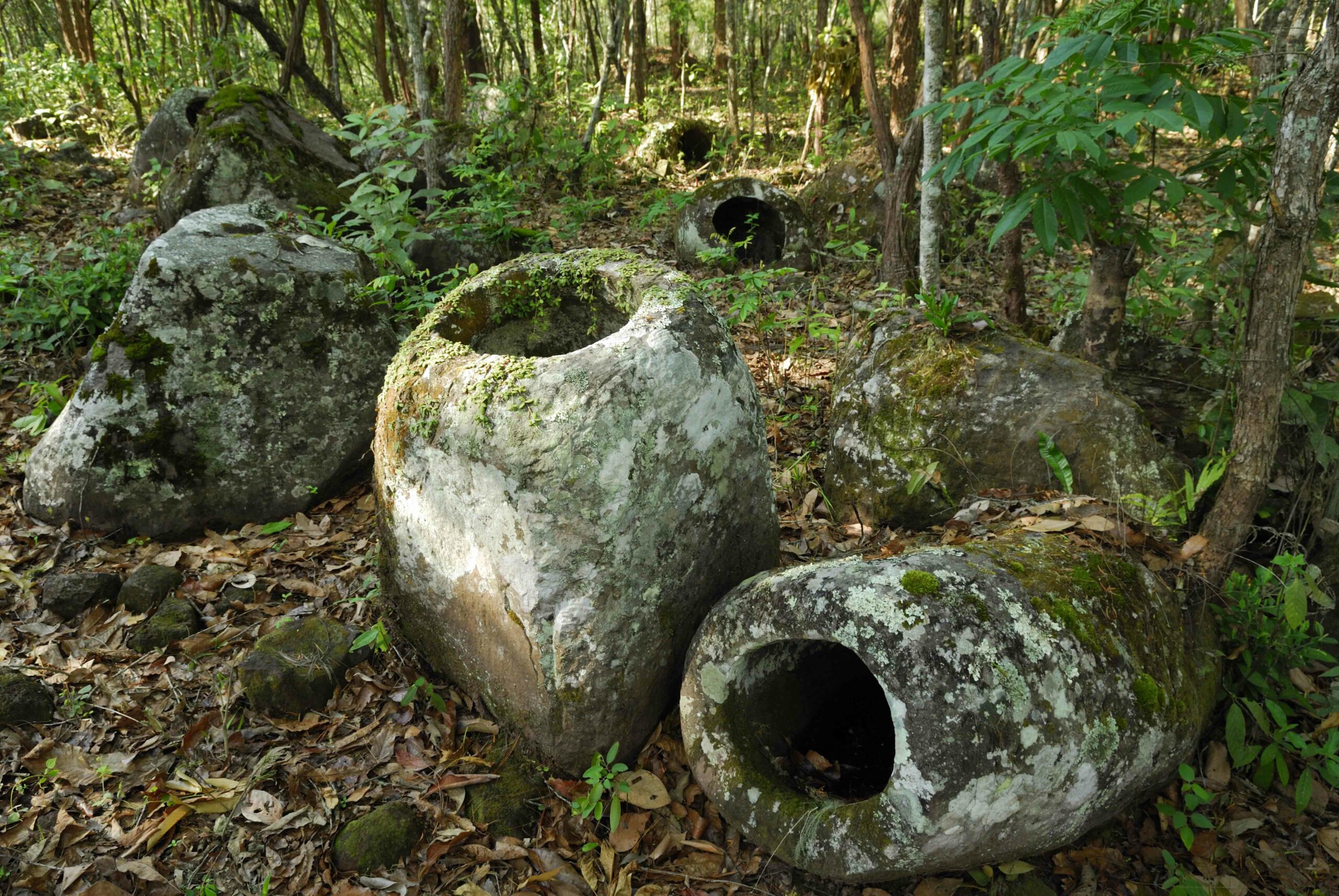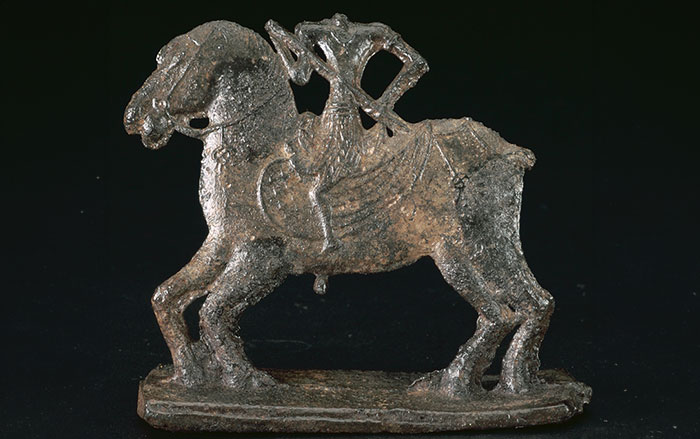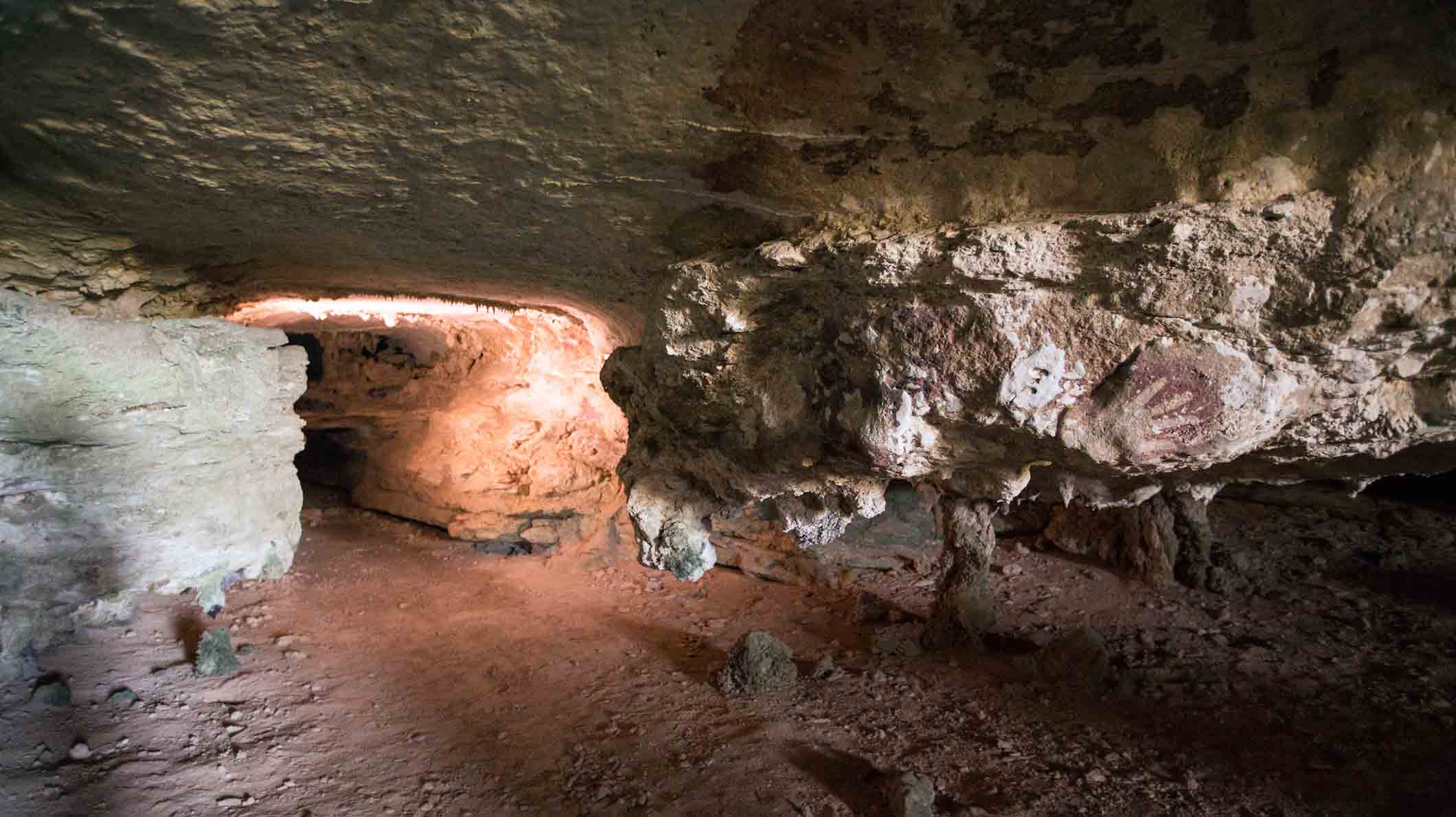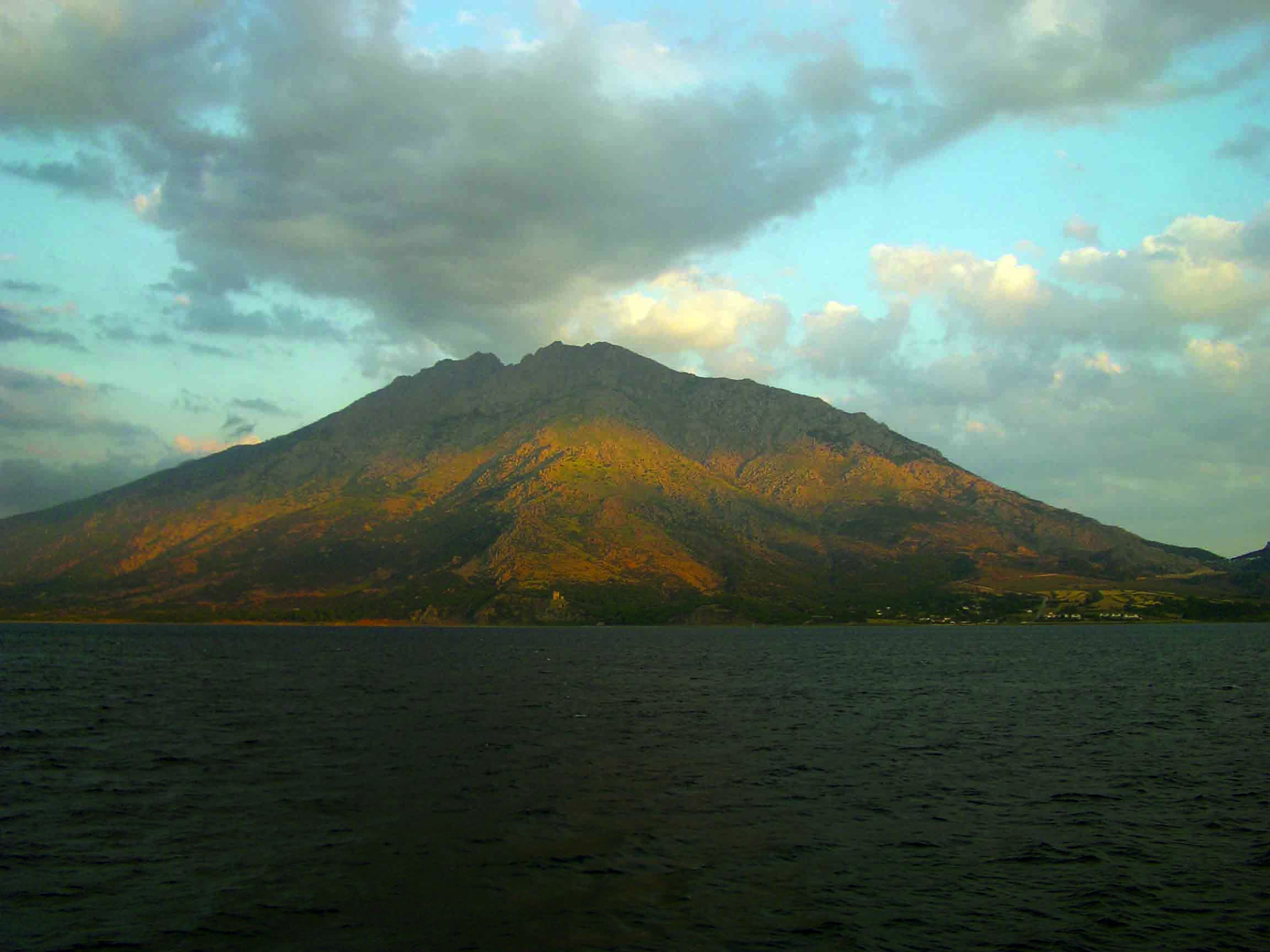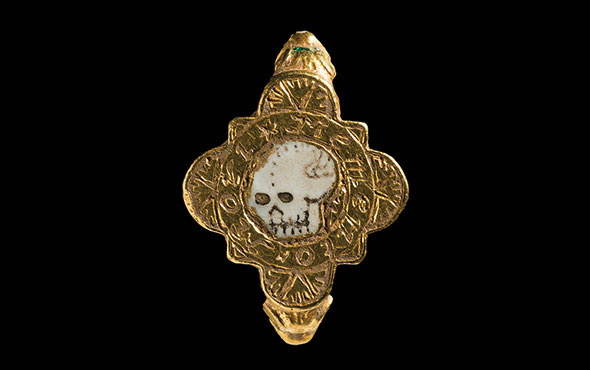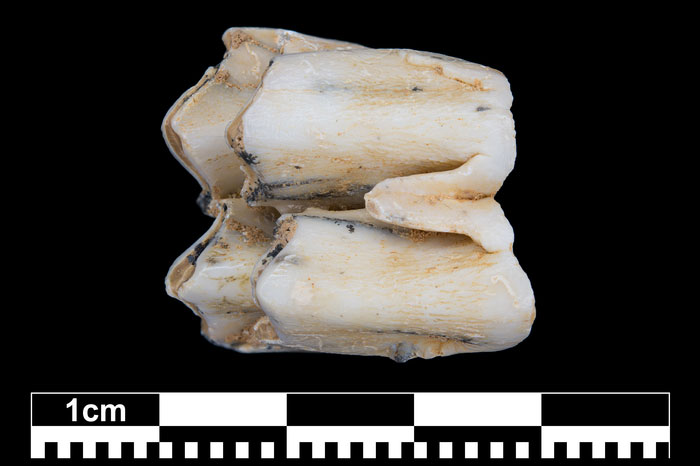
LEIPZIG, GERMANY—According to a statement released by the Max Planck Institute for Evolutionary Anthropology, a team of researchers including Thomas Tūtken of Johannes Gutenberg University and Élise Dufour of the National Natural History Museum of Paris analyzed the levels of zinc stable isotopes in early modern human and animal teeth from the Tam Pà Ling and Nam Lot Caves, two archaeological sites in northern Laos. The study suggests that between 46,000 and 63,000 years ago, humans in the region consumed an omnivorous diet of both plants and animals. Analysis of carbon isotopes in the teeth indicates that the food came from tropical, forested environments. It had been previously thought that modern humans of the Late Pleistocene era were adapted to open environments such as savannahs or steppes. The researchers plan to compare the levels of zinc isotopes in these modern human remains with those from other human species that lived in Southeast Asia, including Homo erectus and Homo floresiensis. The data could offer a clue as to why these species went extinct while modern humans survived, explained Nicolas Bourgon of the Max Planck Institute for Evolutionary Anthropology. For more on finds from Tam Pà Ling Cave, go to "Settling Southeast Asia."


